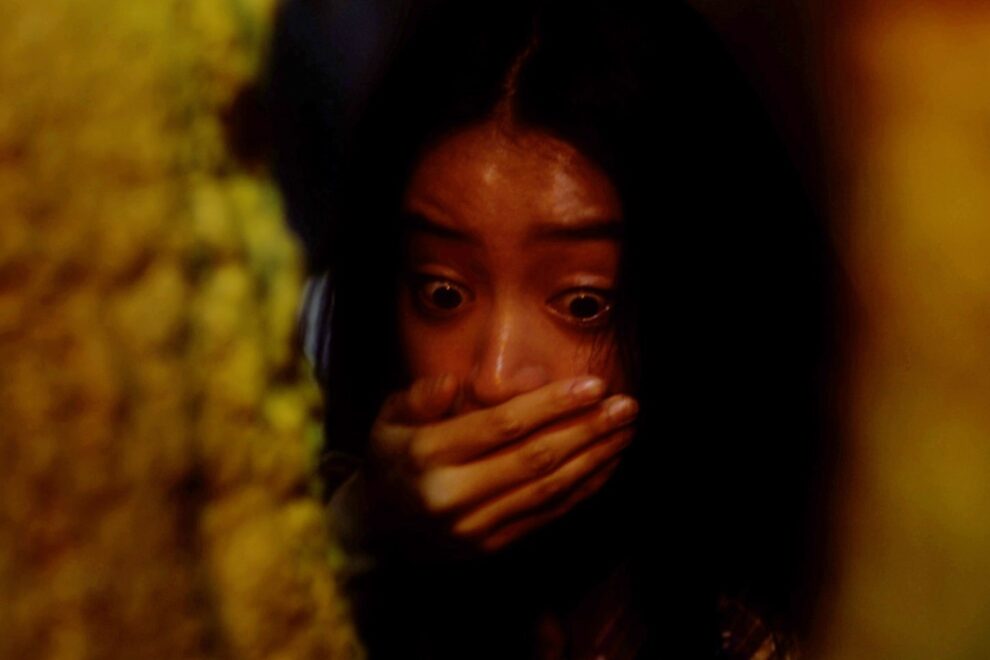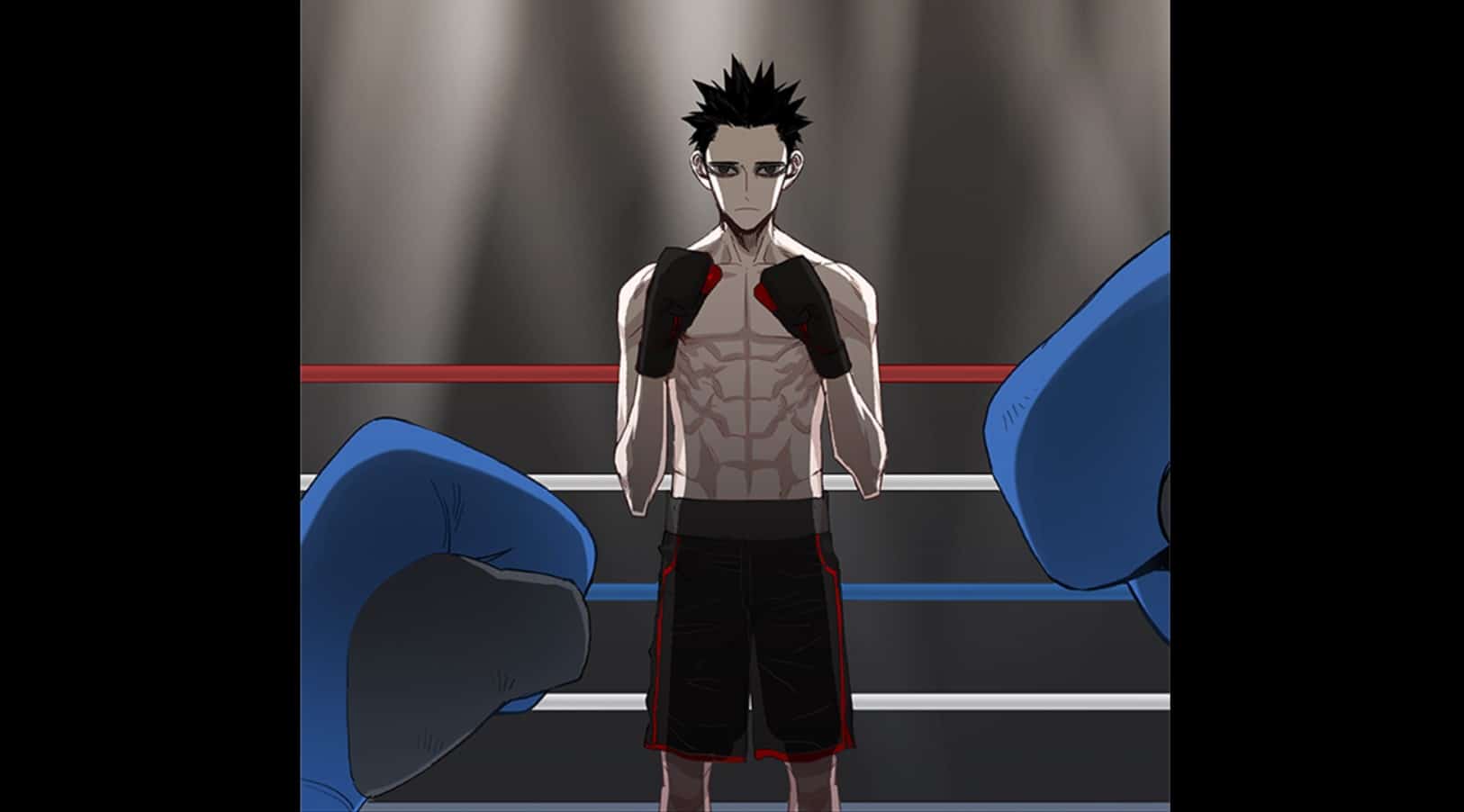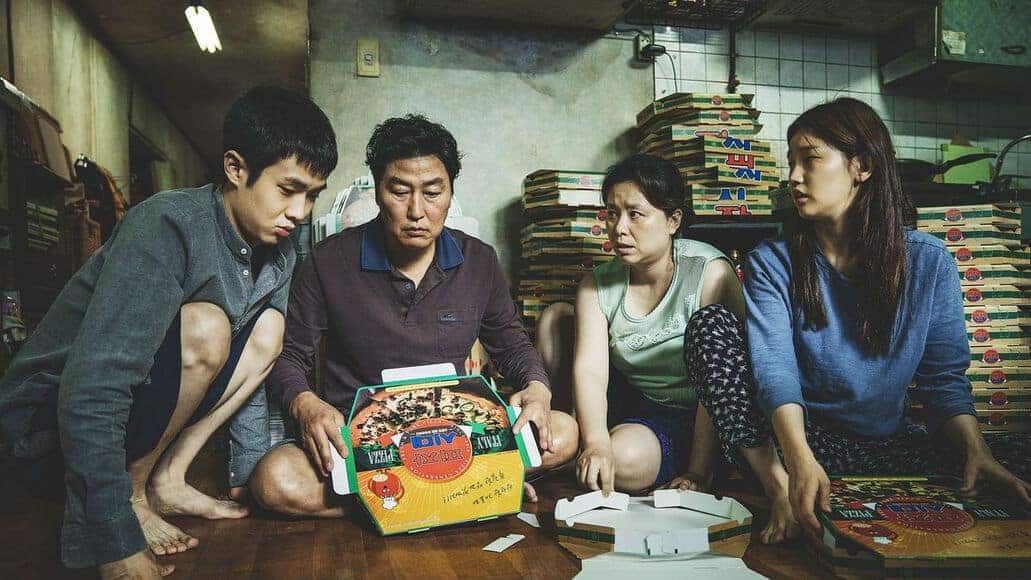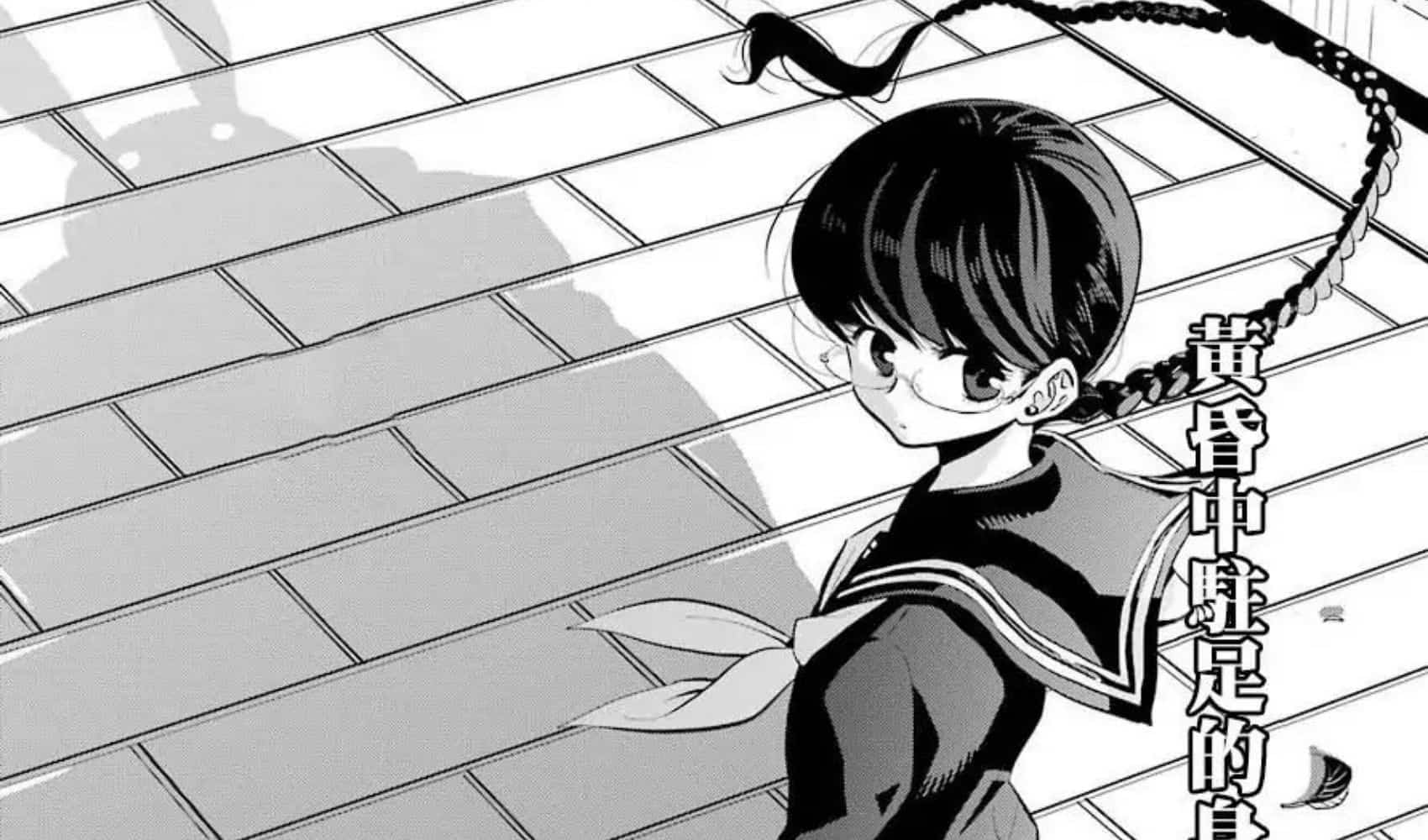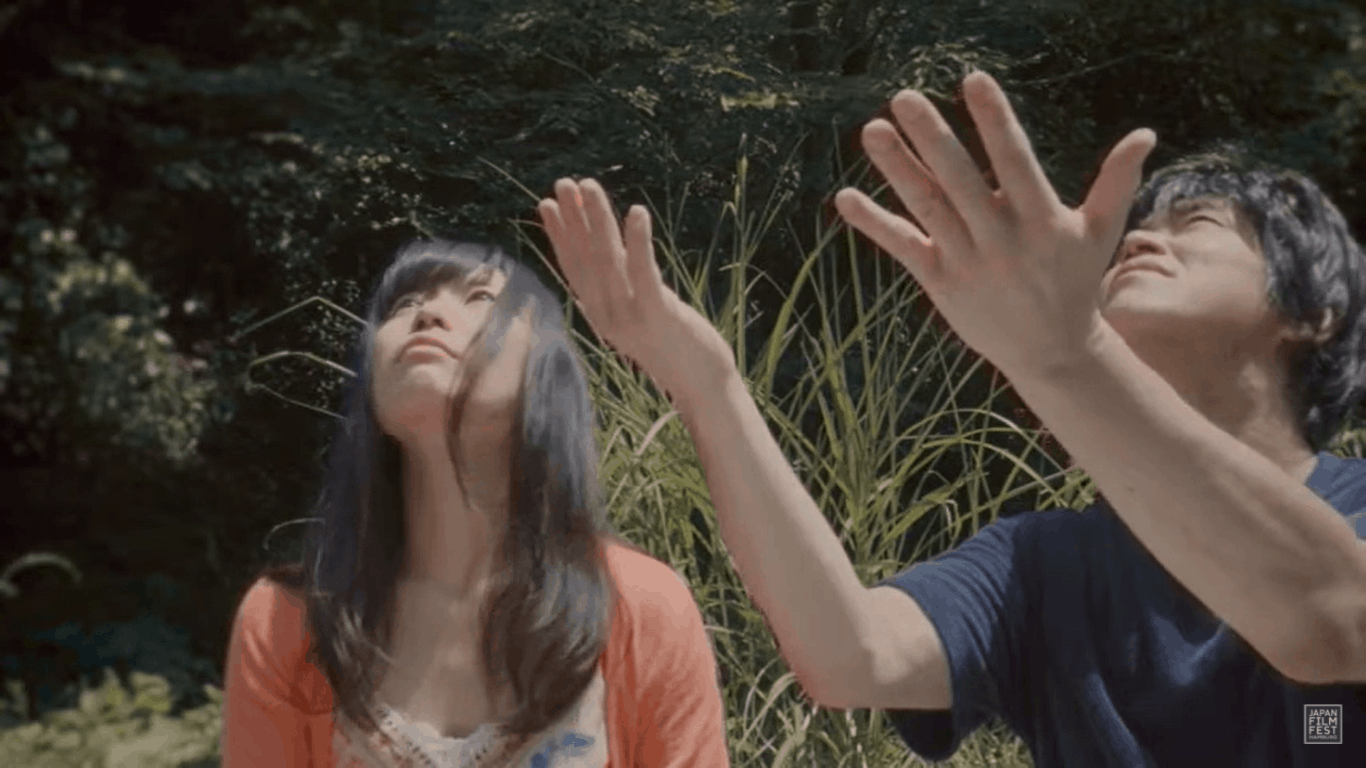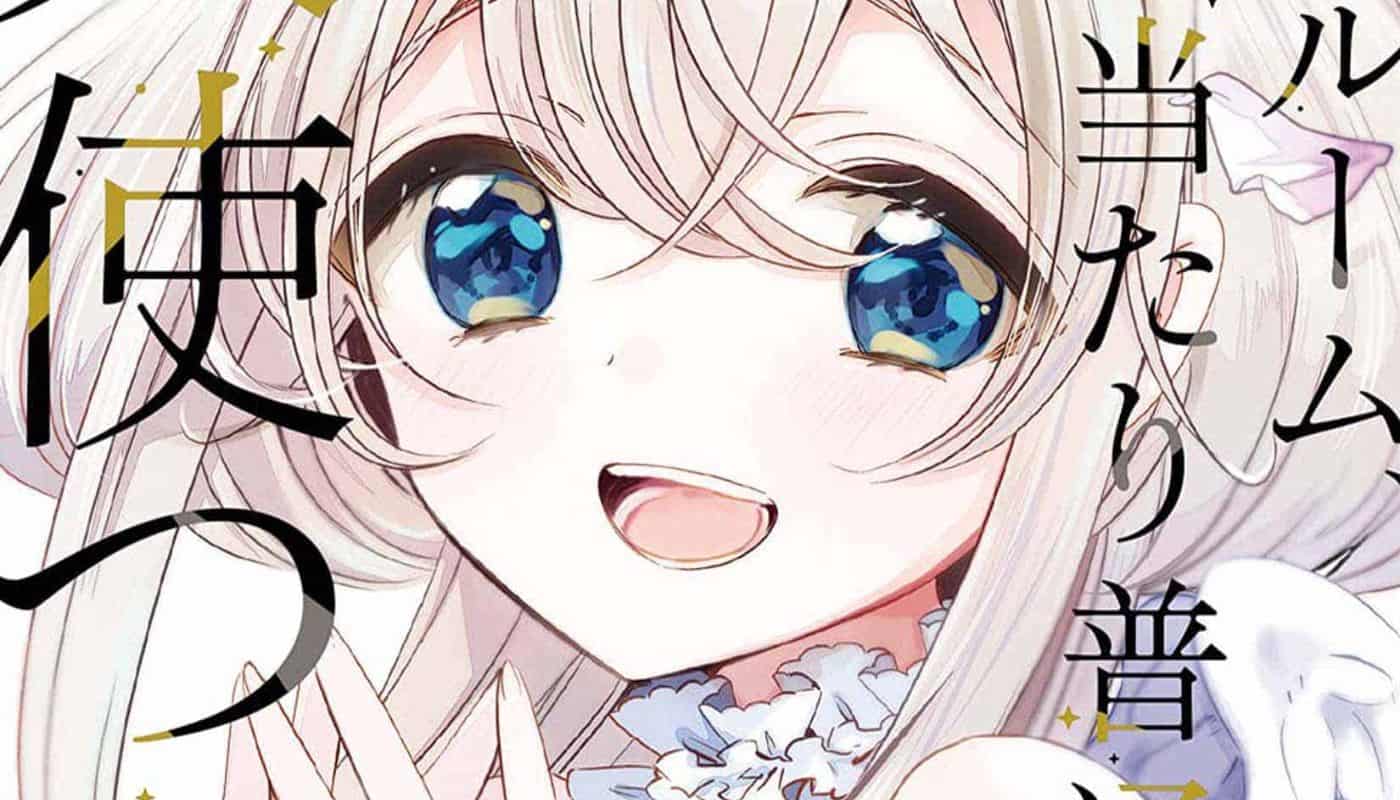The accusation towards the previous generation is a theme quite frequent in the cinema not just of Japan, but also of Korea, with the current generation of filmmakers actually being quite vocal about it, as “Plan 75” proved eloquently. First-time feature director Yuta Shimotsu also deals with the same concept, by implementing an approach that moves towards the horror genre.
“Best Regards to All” is screening at Bucheon International Fantastic Film Festival
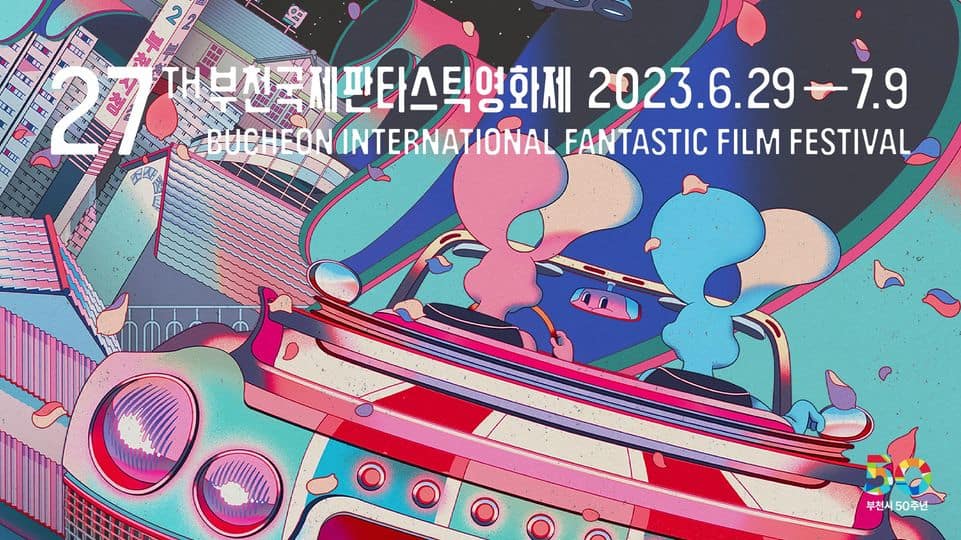
A nursing student studying in Tokyo visits her grandparents who live in the country. The duo are quite happy to see her, as is her actually, and their meeting proceeds as smoothly as possible. Soon, however, the “Grandaughter” realizes that something is going on in the house, particularly having to do with a red door on the top floor, which actually brings back nightmares from the past, which she cannot clearly realize what they are about. Soon, her sense of unease grows exponentially, while she witnesses her grandparents acting really weirdly. The presence of a young man, an old friend from her past, helps somewhat, but soon the girl realizes she is being part of a nightmare she cannot get out from. Her only hope seems to be the arrival of her parents…
Probably the best aspect of Yuta Shimotsu's direction and of the film in general is how the atmosphere of horror is implemented and expanded throughout the movie's duration. In that fashion, the initial scenes show that something must have happened in the past but the story soon makes the viewer forget it, only to return to it even more intensely, through brief and well placed scenes within the narrative. Expectedly, the Granddaughter eventually realizes what is happening, but that is only the beginning, as the full extent of the practices of the locals continues to be revealed as the movie progresses. Furthermore, the shock of the actions of the members of her family is later on replaced by a claustrophobic sense that there is no way out, only for that sentiment also, to change to something even worse.
These changes the protagonist undergoes essentially dictate the narrative of the movie, with Kotone Furukawa (who does bear a resemblance to Aoi Miyazaki) in the role being quite convincing in the majority of her transformations, although sometimes her acting does appear somewhat excessive. The two actors who play the grandparents are the ones who steal the show, with the way their quirkiness transforms into perversion being one of the best aspects of the movie.
Furthermore, the way the shock factor becomes more and more intense as time passes, by raising the level of grotesqueness of the movie is excellently implemented, in a factor that probably owes a lot to the presence of Takashi Shimizu in the role of the producer. In the same fashion, the way DP Ryuto Iwabuchi captures both the idyllic rural setting on the outside, and the occasionally horrific interiors definitely adds to the overall atmosphere, with the same applying to the overall implementation of the sound. In that fashion, as time passes, a vivid ritualistic aspect also enters the narrative, to the point that the village inhabitants eventually emerge as something resembling a cult. Shimotsu's own editing results in a pace that is slower than usually in horror films, but considering the setting and the majority of the protagonists, this approach seems quite fitting.
In terms of context, the lack of inaction and the pragmatic way the older people in the village perceive what is happening is even more horrifying to watch, with the scene where the old woman tells to the protagonist “I bet you believe the world is good” being one of the most impactful in the whole film. The comment that derives is quite eloquent, as is the accusation towards the previous generation, although Shimotsu does not stand there, and avoids presenting the current one as completely innocent, in a rather intriguing approach.
“Best Regards to All” has some issues regarding its writing, but the combination of social commentary and horror movie works quite well in general, in a title that remains entertaining throughout its economical 85 minutes.


